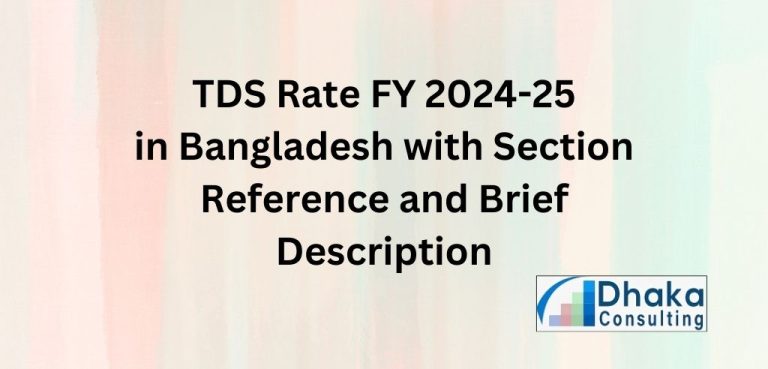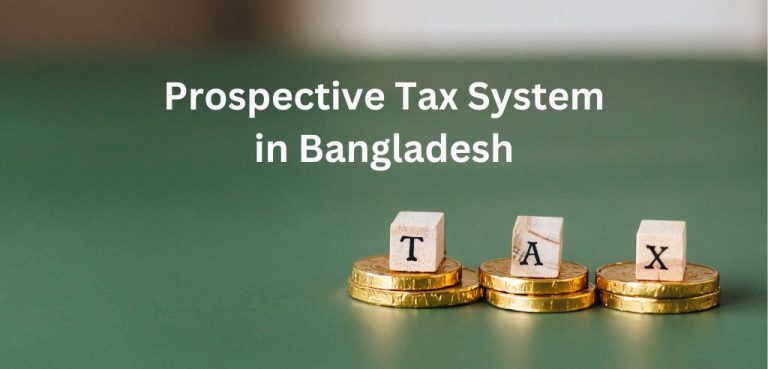A progressive tax involves a tax rate that increases as taxable income increases. It imposes a lower tax rate on low-income earners and a higher tax rate on those with a higher income.
In Bangladesh, progressive taxation is designed to distribute the tax burden fairly and ensure that those with higher incomes contribute more to government revenue.
Understanding Progressive Taxation in Bangladesh
What Is a Progressive Tax?
A progressive tax system is one where the tax rate increases as the taxable income increases. In Bangladesh, the progressive tax system aims to distribute the tax burden fairly by imposing higher tax rates on higher-income individuals and lower tax rates on lower-income individuals.
Advantages of Progressive Taxation
1. Reduces Tax Burden on Low-Income Earners:
Progressive taxation reduces the tax burden on low-income earners, allowing them to keep more of their earnings for essential expenses. This helps to alleviate poverty and improve the standard of living for those with lower incomes.
2. Collects More Tax Revenue:
By taxing higher-income individuals at a higher rate, progressive taxation ensures that a larger portion of tax revenue is collected from those with the ability to pay. This helps to fund government services and infrastructure projects that benefit all citizens.
3. Promotes Economic Equality:
Progressive taxation promotes economic equality by redistributing wealth from higher-income individuals to lower-income individuals. This helps to reduce income inequality and create a more equitable society.
Disadvantages of Progressive Taxation
1. Disincentive to Success:
Critics argue that progressive taxation can serve as a disincentive to success by penalizing higher-income individuals for their financial achievements. This may discourage investment and entrepreneurship, leading to slower economic growth.
2. Opposition to Income Redistribution:
Opponents of progressive taxation view it as a form of income redistribution that unfairly punishes the wealthy and upper-middle class. They believe that individuals should be able to keep a larger portion of their earnings to incentivize wealth creation and economic prosperity.
Progressive Taxation vs. Regressive Taxation
1. Progressive Taxation:
A progressive tax imposes higher tax rates on higher-income individuals, ensuring that those with greater financial means contribute more to government revenue. This helps to create a more equitable tax system and reduce income inequality.
2. Regressive Taxation:
In contrast, regressive taxation takes a larger percentage of income from low-income individuals than from high-income individuals. This can exacerbate income inequality and disproportionately burden those with lower incomes.
Progressive Taxation vs. Flat Taxation
1. Progressive Taxation:
A progressive tax system applies higher tax rates to higher-income individuals, while lower-income individuals pay lower tax rates. This helps to ensure that the tax burden is distributed fairly based on individuals’ ability to pay.
2. Flat Taxation:
A flat tax system imposes a uniform tax rate on all individuals, regardless of their income level. While flat taxation may simplify the tax code, it can also disproportionately burden lower-income individuals who may struggle to afford basic necessities.
Conclusion
In summary, progressive taxation in Bangladesh aims to create a fair and equitable tax system by imposing higher tax rates on higher-income individuals. While progressive taxation has its advantages in reducing income inequality and funding government services, it also faces criticism for potentially discouraging success and wealth creation. Ultimately, the effectiveness of progressive taxation depends on striking a balance between promoting economic equality and encouraging economic growth and prosperity.


